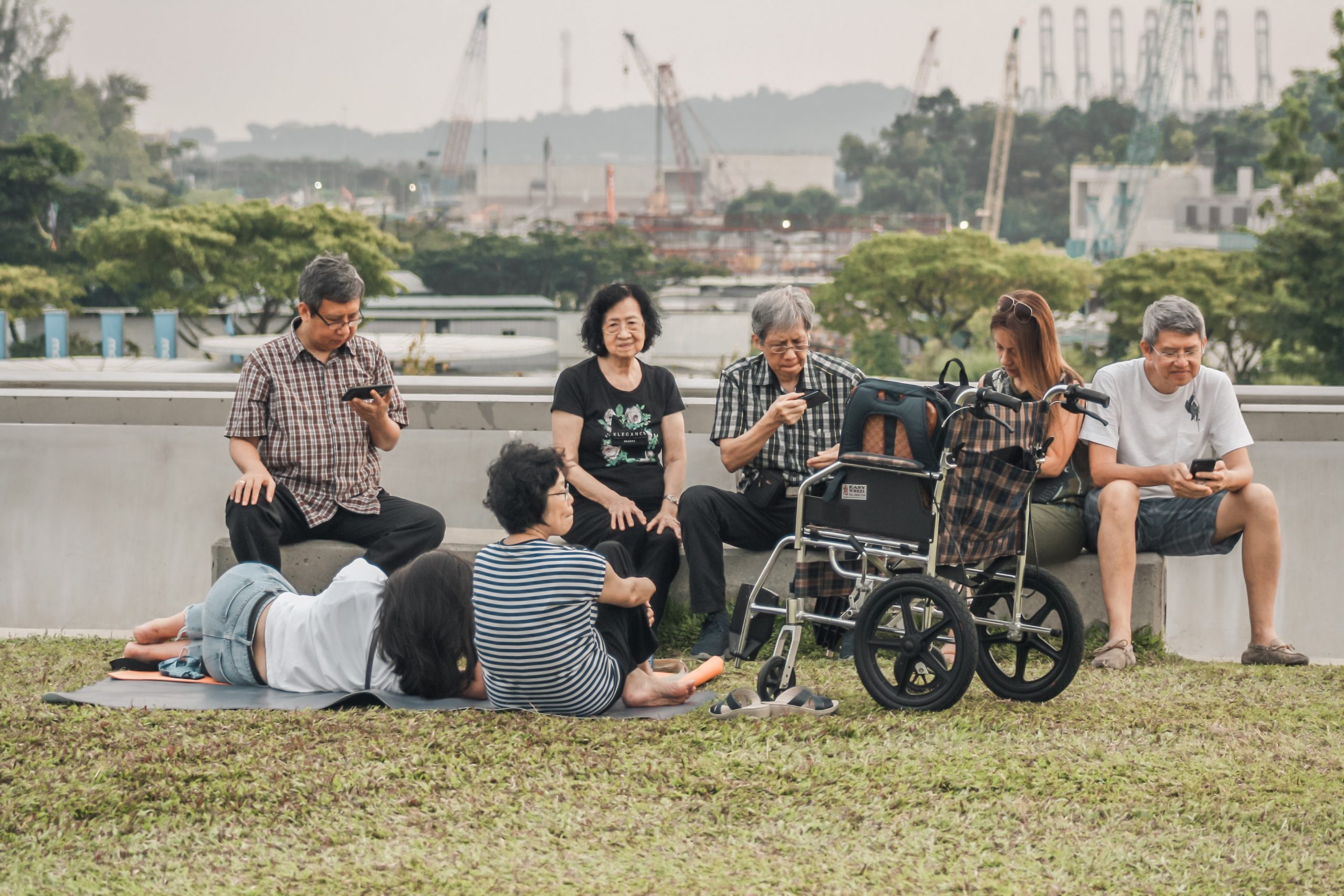-
Advocacy Theme
-
Tags
- Abortion
- Adoption
- Caregiving
- CEDAW
- Disability
- Domestic Violence
- Domestic Workers
- Harassment
- Healthcare
- Housing
- International/Regional Work
- Maintenance
- Media
- Migrant Spouses
- Migrant Workers
- Muslim Law
- National budget
- Parental Leave
- Parenthood
- Polygamy
- Population
- Race and religion
- Sexual Violence
- Sexuality Education
- Single Parents
- Social Support
- Sterilisation
- Women's Charter
‘Retirement matching’ scheme needs tweaking
October 28th, 2020 | Employment and Labour Rights, Letters and op-eds, News, Older People and Caregiving
This letter was originally published in The Straits Times on 28 October 2020.
In the 2020 Mercer CFA Institute Global Pension Index report, Singapore’s pension system ranked top in Asia and seventh out of 39 systems assessed (Singapore retains top spot in Asia on retirement income index, Oct 20).
This year, systems were accessed on whether or not they provide additional contributions or benefits for parents caring for young children while the parent is not in the paid workforce.
This recognises the gender gap in many systems, resulting from unequal norms around caregiving that make it difficult for women to participate in the labour force, and thus make it difficult for them to accumulate pension funds.
The report stated that 17 systems provide some form of pension benefit for those taking time out of the workforce for caregiving. Singapore was not among them.
In Singapore, a significant gender gap in Central Provident Fund (CPF) savings persists, though it was narrowed from 16 per cent in 2006 to 11 per cent in 2016.
The retirement adequacy of women, as a whole, is a cause for concern. This is especially true of inactive CPF members, that is, those who do not have any CPF employment contribution paid for them for the current month, or any of the preceding three months.
The CPF Matched Retirement Savings Scheme, which takes effect next year, is designed to help, among other people, caregivers (and therefore women).
Under the matching scheme, a contribution must first be made (by anyone – CPF members or their family members) before the Government matches it. Family members who are poor may not be able to contribute to one another’s accounts to benefit from the scheme.
The Government should look into more forms of, or improve on existing, non-contributory schemes to ensure that everyone attains a Basic Retirement Sum. The Government should consider establishing annual automatic basic contributions by the state to low-balance individual CPF accounts.
Chong Ning Qian, Senior Executive of Research, AWARE




